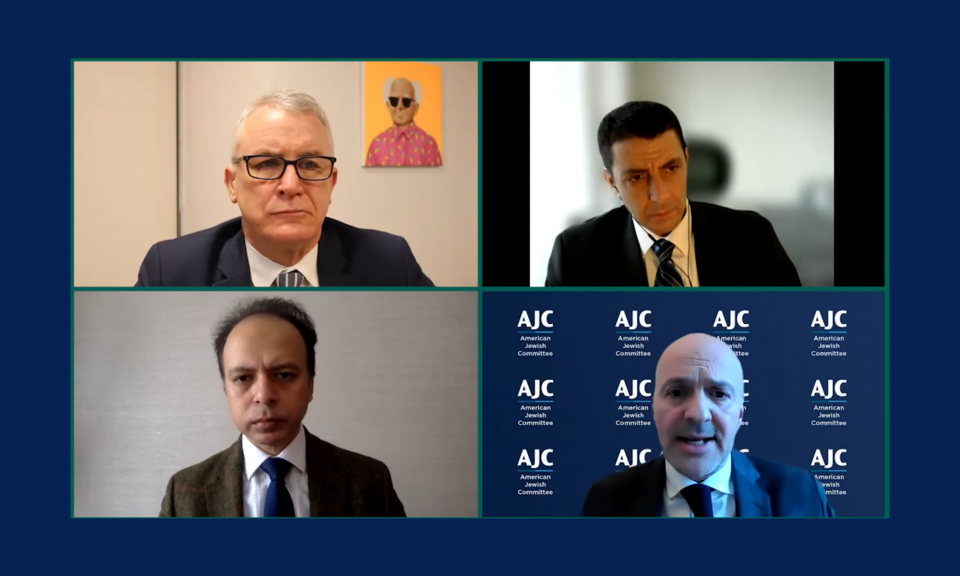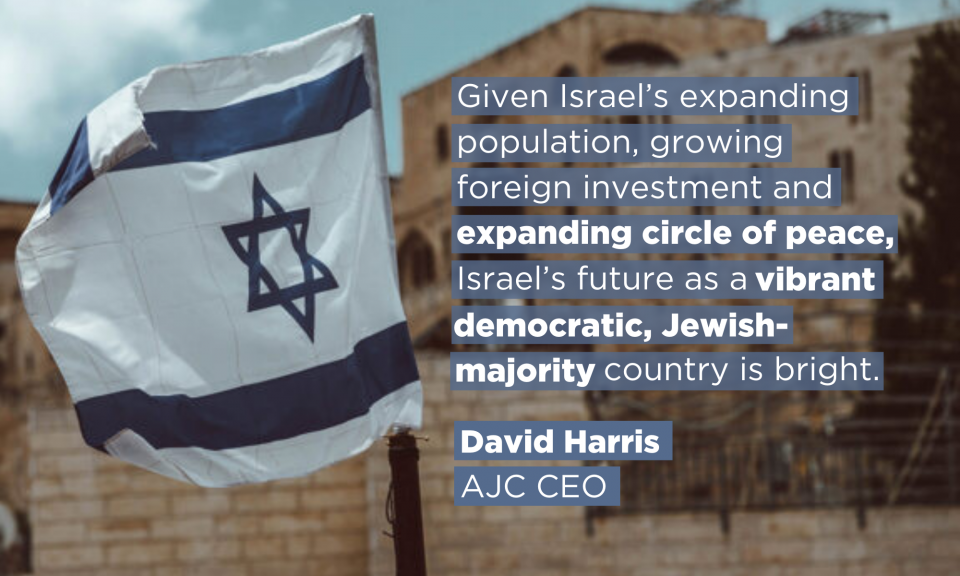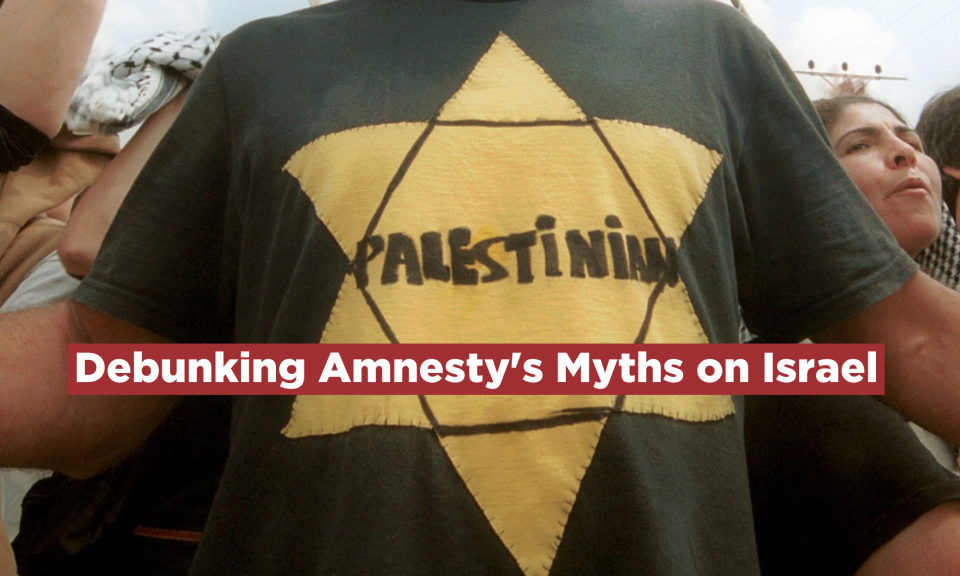Analysis
UNRWA is an Obstacle to Peace
By Michael Sieveking
When US President Donald Trump unveiled his long-awaited Israeli-Palestinian peace plan, foreign policy pundits were quick to declare it dead on arrival. Like it or not, the roadmap shines a much-needed light on the self-perpetuating Palestinian refugee issue embodied in UNRWA, the United Nations Relief and Works Agency for Palestine Refugees in the Near East.
UNRWA encourages maximalist Palestinian demands and is, in its current form, a major stumbling block to peace. The agency shouldn’t be dismantled without a viable alternative in place. But the EU, its biggest donor and a declared proponent of a two-state solution, has it in its hands the ability to initiate reform and use its influence on Palestinian Authority President Mahmoud Abbas to return to the negotiating table. What better moment for this than the upcoming Brussels gathering of the Ad Hoc Liaison Committee, the donor-coordination body for the Palestinians.
Created in 1949 in the wake of Israel’s defensive War of Independence, UNRWA initially provided relief to the 750,000 Palestinian refugees. Meanwhile, the world’s other 26 million refugees are today under the auspices of the UN High Commissioner for Refugees (UNHCR). Created in 1950, UNHCR often re-settles refugees when they cannot return to their home country. By that standard, UNRWA’S 70-year history is a singular failure, with today a staggering 5.4 million so-called refugees on its books in Gaza, the West Bank, Lebanon, and Syria. After all, unlike the UNHCR, UNRWA’s mandate uniquely passes refugee status on to all descendants, ad infinitum, and even includes beneficiaries who have acquired citizenship in their countries of residence.
Read On









